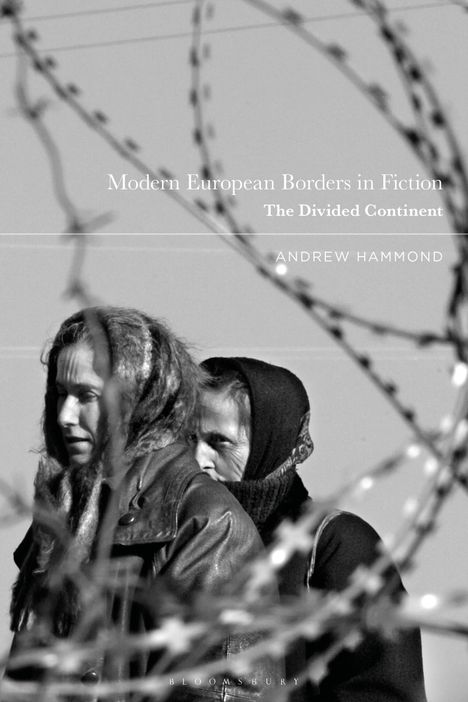Andrew Hammond: Modern European Borders in Fiction, Gebunden
Modern European Borders in Fiction
- The Divided Continent
(soweit verfügbar beim Lieferanten)
- Verlag:
- Bloomsbury Academic, 10/2025
- Einband:
- Gebunden
- Sprache:
- Englisch
- ISBN-13:
- 9781350517660
- Artikelnummer:
- 12073049
- Umfang:
- 264 Seiten
- Gewicht:
- 454 g
- Maße:
- 234 x 156 mm
- Stärke:
- 25 mm
- Erscheinungstermin:
- 16.10.2025
- Hinweis
-
Achtung: Artikel ist nicht in deutscher Sprache!
Klappentext
There are few features of the contemporary world more significant than national and regional borders. In modern Europe, the practices of human division have defined the continent from the early years of the Cold War to the present barriers of Fortress Europe, whose exposure of irregular migrants to trafficking, discrimination and deportation is rarely absent from the daily news. Modern European Borders in Fiction offers a comprehensive study of literary responses to the topic.
Through reference to over 600 novels and short stories, Andrew Hammond analyses the wide-ranging engagement of post-1945 novelists with the ideologies, processes and effects of territorialisation, as well as the related issues of military conflict, migration, populism, nationalism and regionalism. Among the topics under study are the ideological divisions of the Cold War, the closed societies of totalitarian communism, the labour migrations of the 1950s and 1960s, the tightening of border controls from the 1970s, the twenty-first-century war on migration, the official restrictions on borderland communities, the conflicts in Bosnia, Georgia and Ukraine and the patterns of social segregation that have marked the continent from the Second World War to the present.
Drawing on theoretical work in the social sciences and the humanities, this is a ground-breaking contribution to European literary studies, establishing the importance of continental border writing and opening up fresh avenues for decolonised teaching and research.

